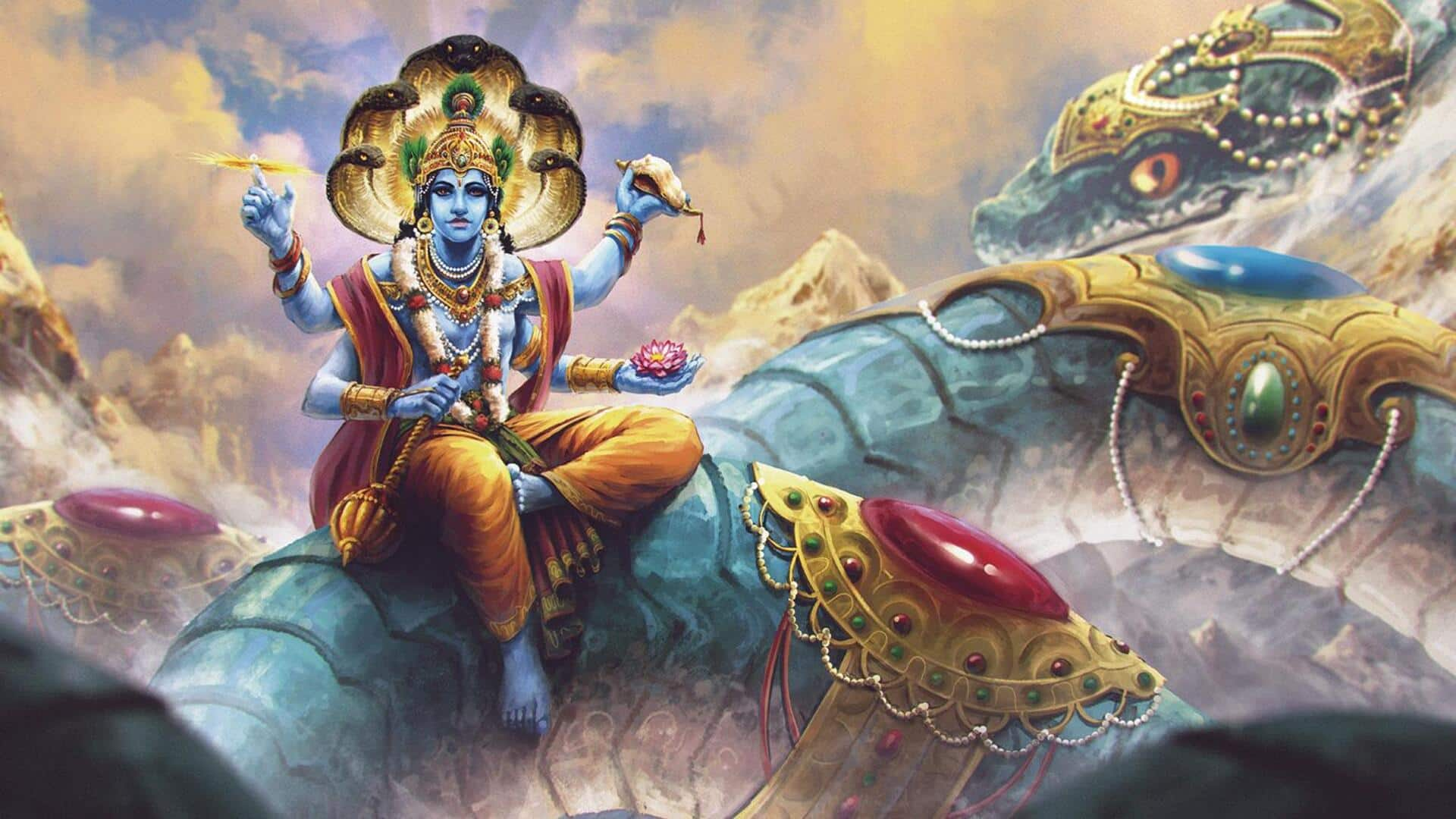
Ram Ekadashi: Traditions, significance, and fasting
What's the story
Ram Ekadashi is one of the most auspicious days per Hindu traditions. It falls on the eleventh day of the Kartik month, as per the Hindu calendar. Also known as Rambha Ekadashi or Kartik Krishna Ekadashi, Ram Ekadashi occurs four days before Diwali. This year, it spans from November 8-9, according to celebrity astrologer Parduman Suri.
Observance
Observing the day
Ram Ekadashi is a time for devotees to reflect on the virtuous qualities exemplified by Lord Ram and seek blessings from Lord Vishnu. "Devotees believe that observing a fast on Ram Ekadashi can purify them from all sins and ultimately lead to liberation in the afterlife," says Suri. Additionally, the effects of this fast are believed to bring prosperity and wealth, pleasing Goddess Lakshmi.
Significance
Spiritual significance
According to the Hindu calendar, there are typically 24 Ekadashis in a year. Each Ekadashi holds mythological significance, and Ram Ekadashi falls in the Kartik month, offering devotees a chance to seek liberation from worldly deeds. "Ekadashi involves controlling the five senses, five organs of action, and the internal organ, the mind. The fast is observed to gain mastery over these aspects," explains Suri.
Fasting
Why is rice consumption prohibited during Ekadashi?
Rice consumption is prohibited on Ekadashi. "Ekadashi falls four days before amavasya (new moon), and it is believed that the churning of the cosmic ocean is influenced by the moon's movement during this time. Since the moon remains in a calm state within the body during Ekadashi, rice consumption is avoided, as its cultivation requires a significant amount of water," Suri explains.
Traditions
Traditions observed during the day
Devotees wake up early, take a bath and chant mantras dedicated to Lord Vishnu. The Vishnu Sahasranama, a sacred hymn listing the thousand names of Lord Vishnu, is often recited on this day. "Besides, worshipping a single coconut on Ram Ekadashi is considered highly auspicious, as it is believed to invite Goddess Lakshmi into the home," says Suri.